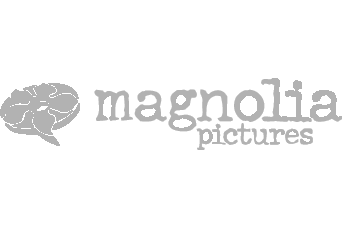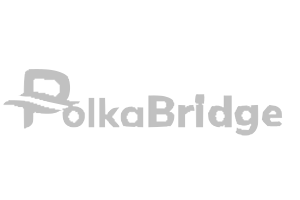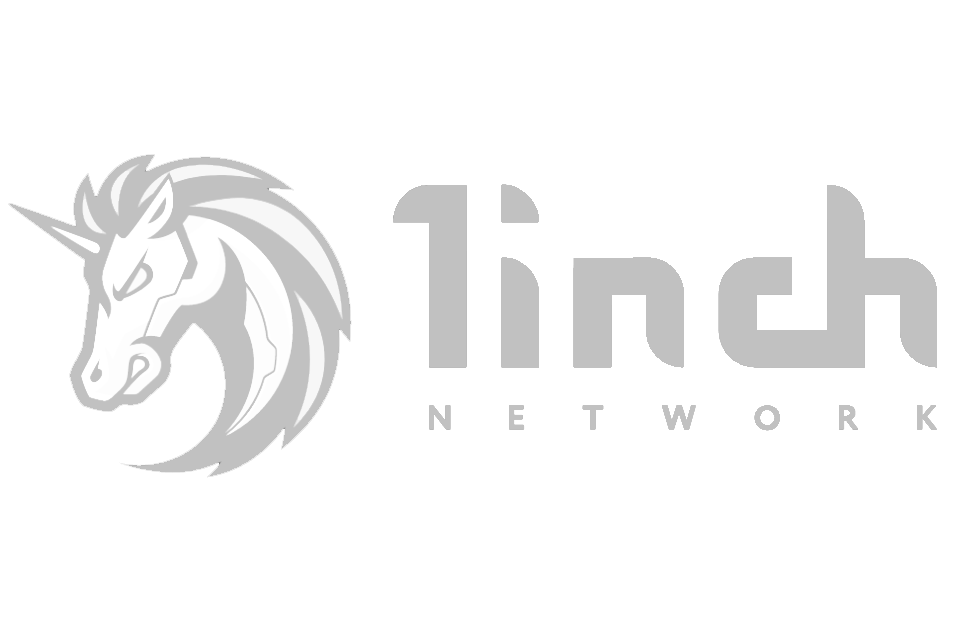Grow through community marketing
Become the answer across search & AI
See howThe problem
The internet's new source of truth is conversation
People trust authentic conversations on platforms like Reddit, and those conversations now directly influence search rankings and AI answers.
88%
of users go to Reddit when making a purchase decision
$60M
Google paid Reddit to train its AI on their conversations
+374%
Organic traffic to Reddit from Google after the "helpful content" update
Share of users who say posts are "honest & truthful"
Source: Reddit Ripple Effect Research
The new reality
The conversations happening in communities are the Google and AI answers of tomorrow
AI models are trained on community conversations, so the brands mentioned in those discussions today will dominate tomorrow's AI recommendations.
Meet Soar
Become the answer across search & AI





Our processes and approach have defined the playbook for connecting brands with customers through Reddit, Quora & beyond.
We deliver success around Community SEO, ChatGPT Generative engine optimization & Reddit visibility.
4,205+
Community threads made
280+
Successful campaigns
2017
Up since
See how we've helped 280+ brands win
Explore real client success stories and proven results from our community-driven approach.
Problems we solve
Problem
How do you get seen in search and AI?
You're invisible in community discussions when customers search for solutions, and LLMs are recommending competitors.
Service
Search & AI Visibility
We'll get you into the Reddit discussions that rank on Google and train AI models.
Problem
How do you control what ranks for your brand?
A negative result is defining your brand's reputation and costing you customers.
Service
Reputation Management
We'll push down negative results and ensure positive content ranks when people search for you.
Problem
How do you win customers in communities?
You're absent from the high-trust conversations where your customers decide what to buy.
Service
Reddit & Quora Visibility
We'll build your authentic presence in the exact communities where your customers gather.
How it works
Extraordinary results demand an extraordinary approach.
0. Planning & research
We understand what problems you solve & what your user journey is like.
1. Conversation discovery
We find where conversations around your niche or industry are happening across Reddit, Quora and other platforms.
2. Planning & posting
We plan out content that fits into existing communities, agitates your pain points and presents you as the solution to the problem.
3. Measurement
We track visibility across search and AI to measure impact and report back to you.
Request a proposal
Get a custom proposal for how we can help your brand dominate through community marketing.
Request a proposal
Schedule a call to discuss your specific needs and get a tailored strategy for your market.








